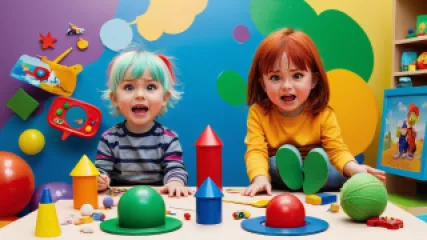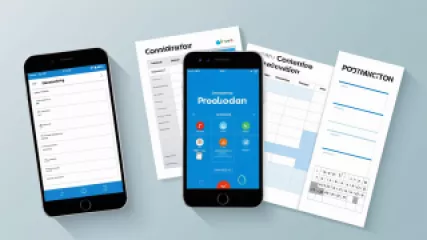Trauma Healing Through Play: Lessons from 'Inside Out'
1 year ago
Play Therapy
Mastering Time Management: A Step-by-Step Guide
1 year ago
Time Management
10 Top Strategies for Effective Change Management Therapy
1 year ago
Coping with Change
Mastering Procrastination: The Ultimate Guide to Overcoming Procrastination
1 year ago
Avoiding Procrastination
Effective Ways to Manage Depression with Virtual Mental Health Coaching
1 year ago
Depression
Top 10 Play Therapy Activities for Child Mental Health Coaching
1 year ago
Play Therapy
Effective Strategies for Managing Depression: A Step-by-Step Guide
1 year ago
Depression Self Help
Enhancing Social Skills: My Journey to Improve Social Adaptability
1 year ago
Social Skills
Understanding Depression: Common Questions Answered
1 year ago
Depression
10 Best Space Psychology Insights for Personal Growth
1 year ago
Psychology of Space
Designing Calming Spaces: The Psychology of Space
1 year ago
Psychology of Space
Why Avoiding Procrastination is Crucial for Online Mental Health
1 year ago
Avoiding Procrastination
Proven Strategies to Overcome Procrastination: A Research-Backed Guide
1 year ago
Avoiding Procrastination
My Journey to Improve Social Adaptability
1 year ago
Social Skills
Overcoming Procrastination: My Journey to Effective Time Management
1 year ago
Avoiding Procrastination















